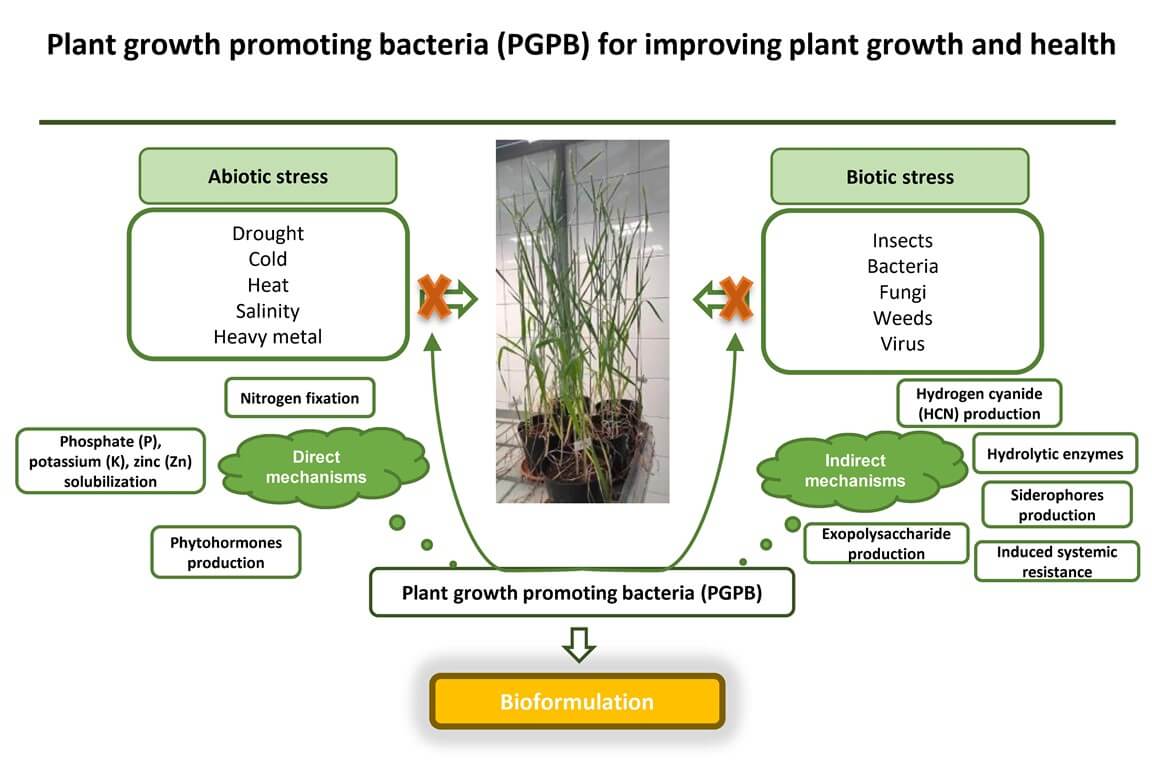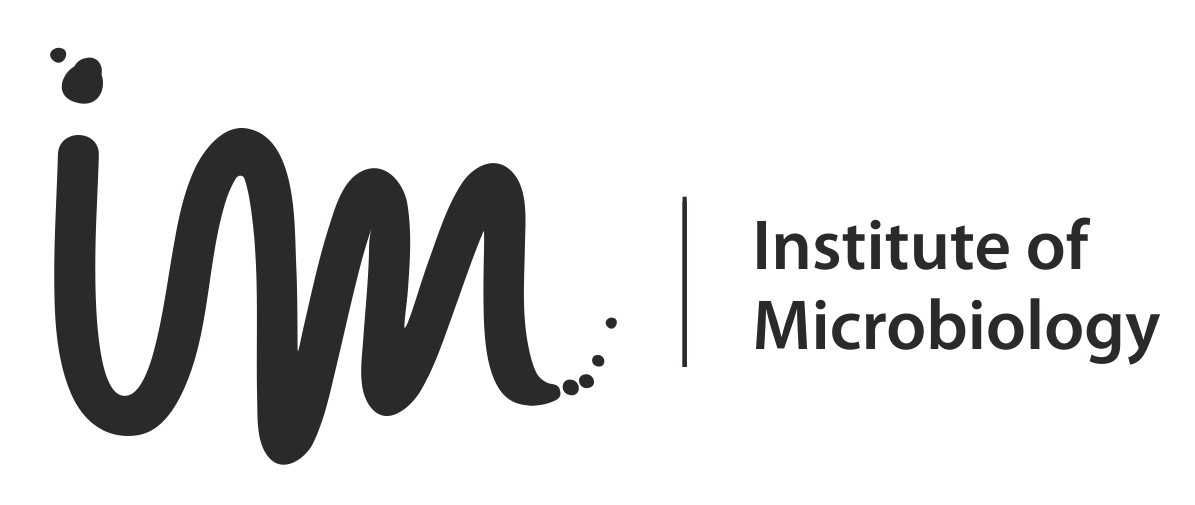Plant growth-promoting bacteria

14 02 2022
Category: IM Seminar
We cordially invite you to the institute seminar: on next Monday, 21st of February at 2 pm Nur Ajijah from the Department of Environmental Microbiology and Biotechnology will present a seminar entitled „Bioprospecting of exopolysaccharides producing plant growth-promoting bacteria in alleviating the drought stress along with disease management on plants”.
Abstract: Plants are consistently exposed to various biotic (pests, pathogenic microorganisms) and abiotic (drought, salinity, temperature) stresses that have a severe impact on their growth as well as yields. To overcome this problem, many investigations have focused their research on the close relationship between plants and plant growth-promoting bacteria (PGPB). PGPB rapidly colonizes in the rhizosphere, enhances plant growth (by mobilizing nutrients, secreting plant growth hormones like IAA), suppresses soil-borne pathogens at the root surface, and plays a significant role in both biotic and abiotic stress management mechanisms. One of the mechanisms of PGPB to protect the plant from drought is by producing exopolysaccharides (EPS). EPS-producing bacteria protect the plant from water stress due to a high water-holding capacity, bind soil particles to form microaggregates and macroaggregates. On the other hand, EPS prevents disease in plants by producing bioactive compounds such as 2-deoxy-D-glucose and dextran that exhibit antimicrobial activities and stimulate ISR in a plant. EPS production optimization study will be also carried out using lignocellulosic agro-waste, such as wheat straw and sawdust as a carbon source. Furthermore, the EPS will be explored for their role as a biofertilizer as well as biocontrol agents. The research on developing EPS from PGPB to improve tolerance of drought stress and phytopathogenic microorganisms provides ecological and economic benefits, such as reducing chemical pesticides and fertilizers, treating waste, and reducing production costs.
You are welcomed to join us!
The seminar will be held online via Zoom application at 14:00. If you’re interested in receiving an invitation, send an e-mail about that to: r.stachowiak@uw.edu.pl
